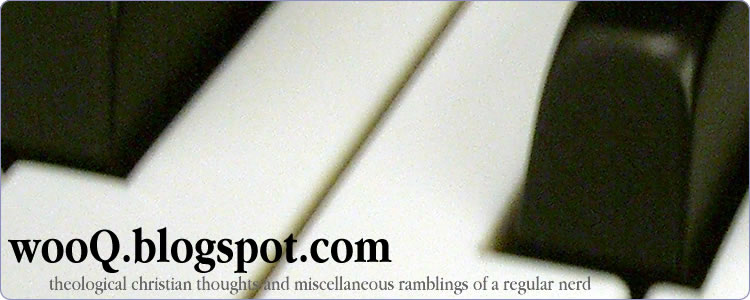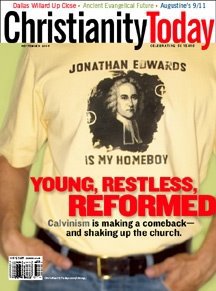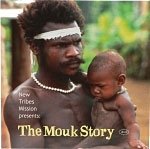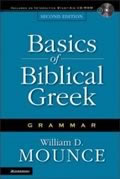Luther's Theology of the Cross
19. That person does not deserve to be called a theologian who looks upon the invisible things of God as though they were clearly perceptible in those things which have actually happened [Rom. 1.20].The above theses are taken from the Heidelberg Disputation of 1518, where Martin Luther was called upon to defend his theses.
20. He deserves to be called a theologian, however, who comprehends the visible and manifest things of God seen through suffering and the cross.
21. A theologian of glory calls evil good and good evil. A theologian of the cross calls the thing what it actually is.
22. That wisdom which sees the invisible things of God in works as perceived by man is completely puffed up, blinded, and hardened.
 I will be doing a paper on a book by Mark Shaw, titled 10 Great Ideas from Church History. One of the chapters covers Luther’s theology of the cross, which regards God as working through paradox. For instance, Matthew 10:39 states: “Whoever finds his life will lose it, and whoever loses his life for my sake will find it.” Another example of paradox is though the world sees Christ dying on the cross as a disgrace and a failure, Christ’s work on the cross is actually a victorious triumphant work of redemption that was planned before creation began.
I will be doing a paper on a book by Mark Shaw, titled 10 Great Ideas from Church History. One of the chapters covers Luther’s theology of the cross, which regards God as working through paradox. For instance, Matthew 10:39 states: “Whoever finds his life will lose it, and whoever loses his life for my sake will find it.” Another example of paradox is though the world sees Christ dying on the cross as a disgrace and a failure, Christ’s work on the cross is actually a victorious triumphant work of redemption that was planned before creation began.This excerpt below, which is taken from 10 Great Ideas from Church History, shows how the theology of the cross can be used to critically assess the rising prevalence of seeker-sensitive sermons and the disregard of the importance of good theology in too many churches.
But how can decision-makers translate Luther’s great idea into good decisions? Let’s look at some possible decisions that might unleash the power of the cross in our churches, families and organizations.More articles on the theology of the cross can be found here.
Use #1: The cross and preaching. By “preaching the cross” I don’t mean we should preach only evangelistic sermons. Instead we need to bring the perspective of the cross into everything we preach. William Willimon, chaplain at Duke University, writes about preaching to consumer-oriented audiences who appear to want entertainment more than enlightenment. It’s easy for preachers to make one of two mistakes in responding to such congregations. One mistake is to give in “to their consumer mind-set” with “feel-good” sermons that avoid biblical truths. The second mistake is to give up. We can develop the attitude that “my people don’t care about the gospel. They just want to be entertained.” What Willimon has discovered about beating the consumer mindset is striking:My first priority, then, is to preach a sermon that speaks about the gospel, not a speech that explores people’s experience. In the admirable attempts to be relevant, too many sermons I hear whitewash therapeutic solutions with biblical “principles” where the Bible ends up sounding like the latest rage of popular psychology.What we need in our churches is talk “about Jesus Christ and what he has done for us and what he calls us to do for him and for one another.” When we lift up the cross of Christ each week as both a way of salvation and a way of seeing, we will turn an audience into a church and consumers into the committed. As David Wells has written: “The Church is called to declare the message of the cross, not to uncover God’s hidden purposes in the world or the secrets of his inner therapy.” We must bring people under the cross to get them over the world.
Use #2: The cross and theological literacy. If theology in general is despised in our churches and organizations, then the theology of the cross will be marginalized as well. When we cultivate our people’s appetite for doctrine, however, the theology of the cross can be unleashed.
George Barna has described the “theology of the typical American” as “nothing less than frightening.” What is the problem? “The lack of accurate knowledge about God’s Word, about his principles for life, and the apparent absence of influence the Church is having upon the thinking and behavior of this nation is a rude awakening for those who assume we are in the midst of a spiritual revival.” This theological slippage also appears among evangelicals. Denominations that were once known for their defense of the faith now talk only of marketing their churches or ordering their private worlds. Yet “to value theology,” argues David Wells, “is to value the means by which the Church can become more faithful and more effective in this world.”
Providentially, the structures for the theological renewal are already in place. Adult Sunday-school classes and weekday small group dot the landscape. Useful resources that could be studied by those in such networks abound. Alister McGrath’s The Mystery of the Cross would be one place to begin. New theological methods such as narrative theology, which employs story forms to communicate theological truth, have made theological study more accessible to a wider audience.
When theology matters, the theology of the cross will matter more. Keeping in mind Luther’s warning that a theology of glory will do more harm than good, wise decision-makers will take practical action to raise the theological literacy of their congregations.


 Last month, I submitted a paper that compare and contrast the liturgical services of an Anglican church and a Roman Catholic Church. In order to do the paper, I had to visit
Last month, I submitted a paper that compare and contrast the liturgical services of an Anglican church and a Roman Catholic Church. In order to do the paper, I had to visit  "EE-Taow" means "it’s very true" in the Mouk language.
"EE-Taow" means "it’s very true" in the Mouk language.






